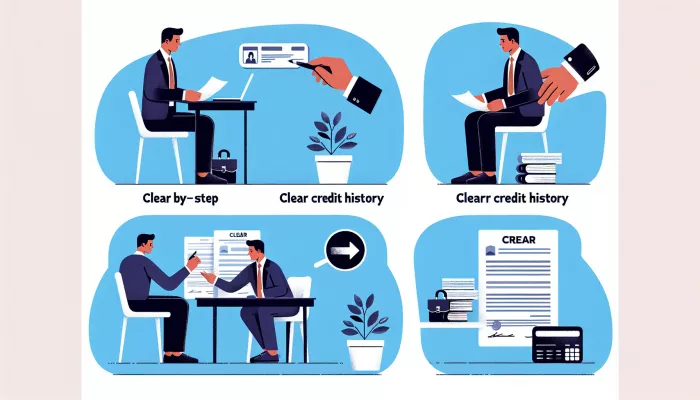
Have the negative name It is a situation that can bring several inconveniences to anyone's financial and personal life.
This happens when you fail to pay a debt within the established deadline, causing your name to be registered with credit protection agencies such as Serasa, SPC and others.
It is important to know that, once in debt, the consumer will face difficulties in carrying out credit operations..
Such as financing, loans and obtaining credit cards, until the situation is regularized.

Essentially, the negative name occurs as follows:
The main consequences of having your name blacklisted include:
A person's name may remain on the negative list of credit protection agencies for a maximum period of 5 years, counting from the due date of the debt.
After this period, the name must be automatically removed from the default lists, regardless of whether the debt has been paid off or not.
However, it is essential to understand that the exclusion of the name from the defaulters' register after 5 years does not mean that the debt was forgiven.
The creditor still has the right to seek legal means to receive the amount due, even after the default record has been removed.
Note: The best way to avoid being listed as negative is to keep your finances organized and prioritize paying off debts.
If you encounter difficulties in honoring financial commitments, seek to negotiate directly with the creditor before the situation worsens.
For more information on how to check your financial situation and possible ways to regularize your name, visit the websites of credit protection agencies such as Serasa It is SPC Brazil.
Clearing your name from the list of defaulters is a crucial step to recover your financial health and ensure access to credit and financing in the future.
Follow these effective steps to get out of debt and rebuild your financial reputation.
First, check your current situation. Visit the websites of institutions such as Serasa, SPC Brazil, It is Boa Vista SCPC to check if your name is negative.
These platforms often offer free consultation services.
Negotiate is the next step. Contact your creditors to discuss possible arrangements.
Many companies are willing to offer easier payment terms, such as discounts or installments, to recover the amount owed. Don't hesitate to ask about all the possibilities.
After negotiating, it's time to organize a payment plan. Be realistic about what you can afford each month, considering your essential expenses.
Avoid committing to installments that you will not be able to cover.
If the situation seems too complicated to handle alone, it may be helpful to seek support from finance professionals or lawyers specializing in consumer law.
They can offer guidance and negotiate directly with creditors on your behalf.
Keeping a detailed record of all communications and payments is essential.
Save emails, letters, renegotiation contracts, payment receipts, and other relevant documents.
This documentation may be useful in the event of future disputes.
Once you start paying off your renegotiated debts, it is crucial to stay consistent.
Late or missed payments can harm the deal and your financial reputation.
By following these steps, you will be well on your way to clear your name and improve your financial health.
Useful links:
Keeping your name financially clean is crucial for a stress-free life and having access to credit opportunities when needed.
Here are some key strategies to ensure your name remains untarnished:
GuiaBolso
My Savings
Organize
Use tools like GuiaBolso, My Savings, It is Organize to help you control your personal finances.
These apps offer features like spending tracking, budget planning, and payment reminders, which can be extremely helpful in keeping your name clean.